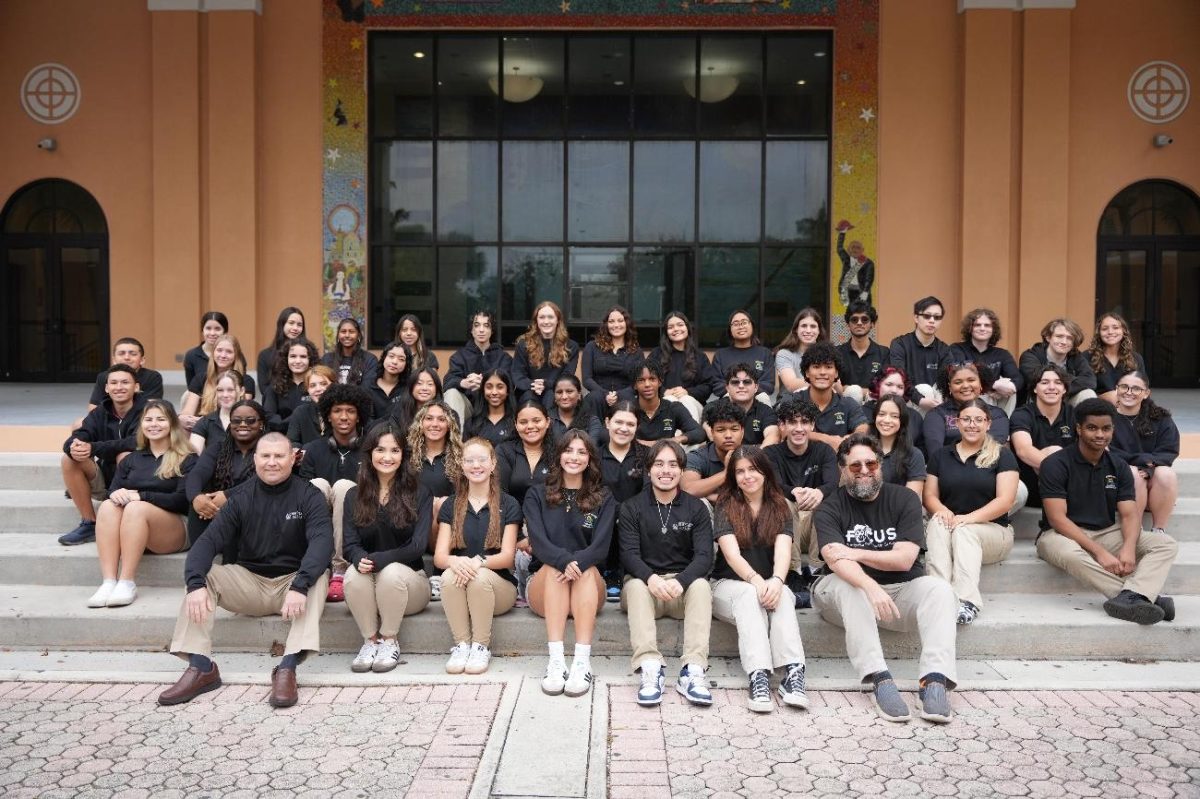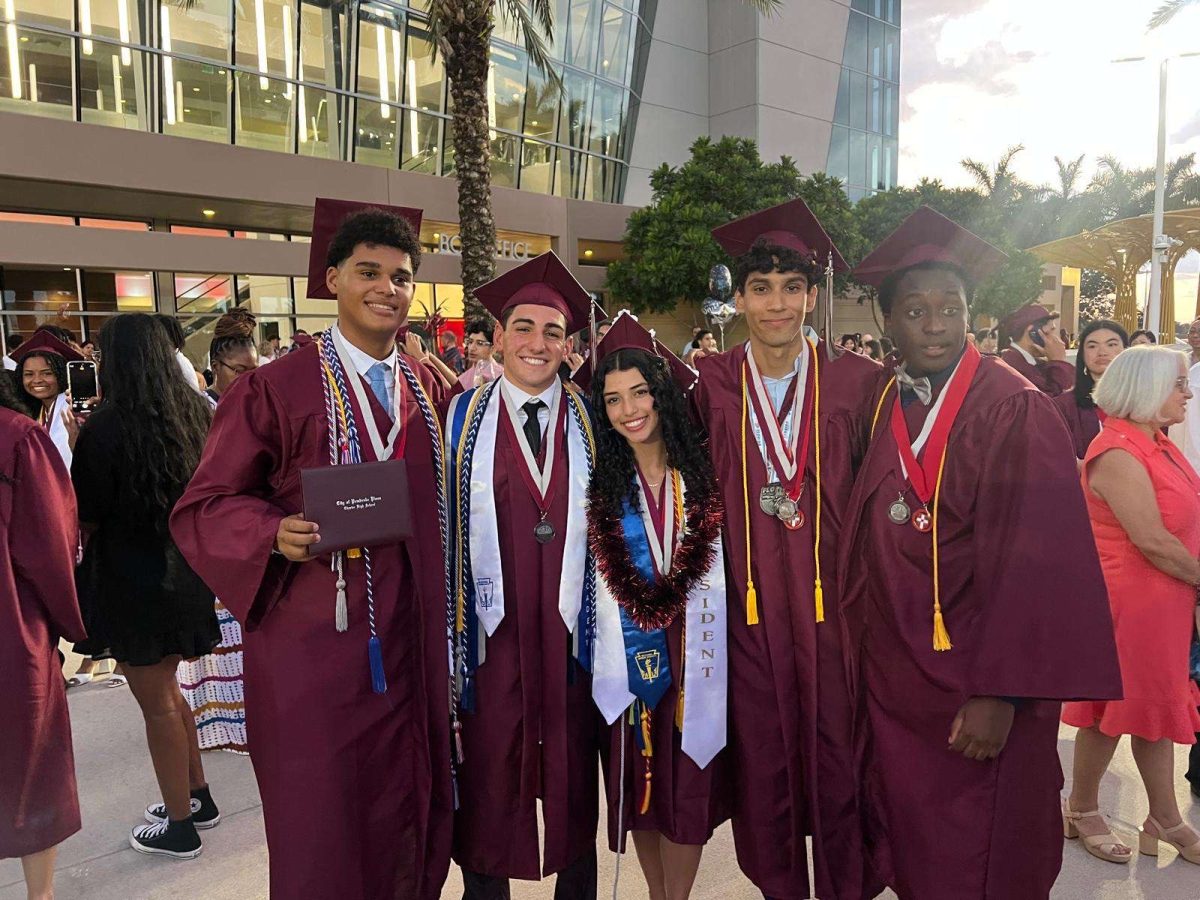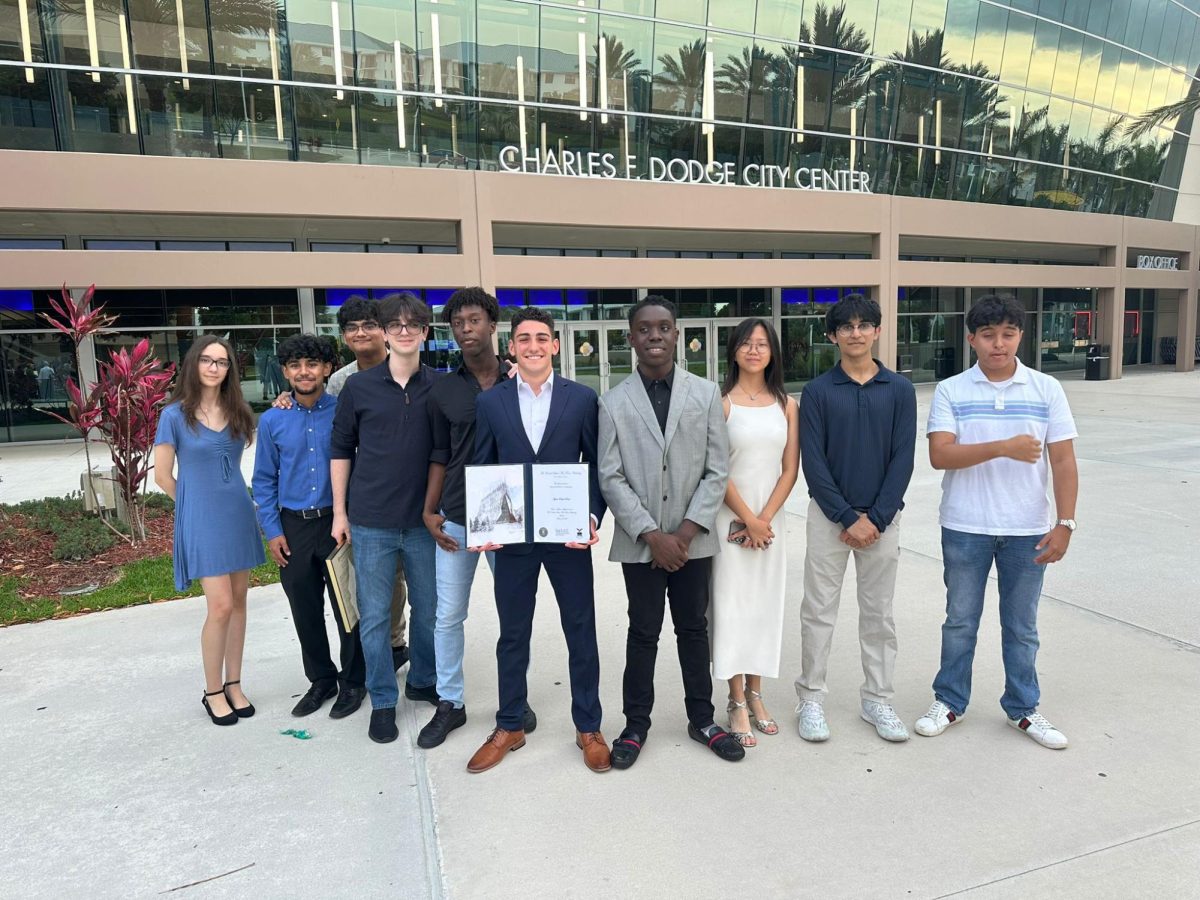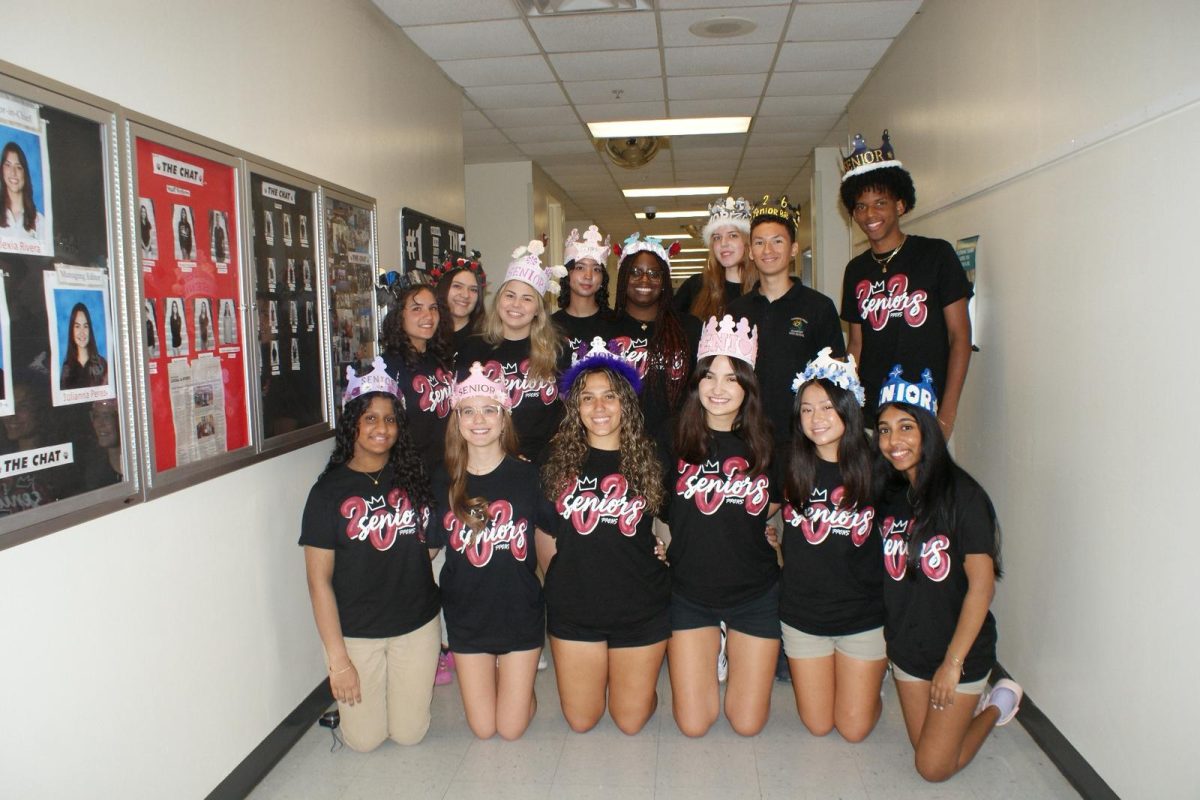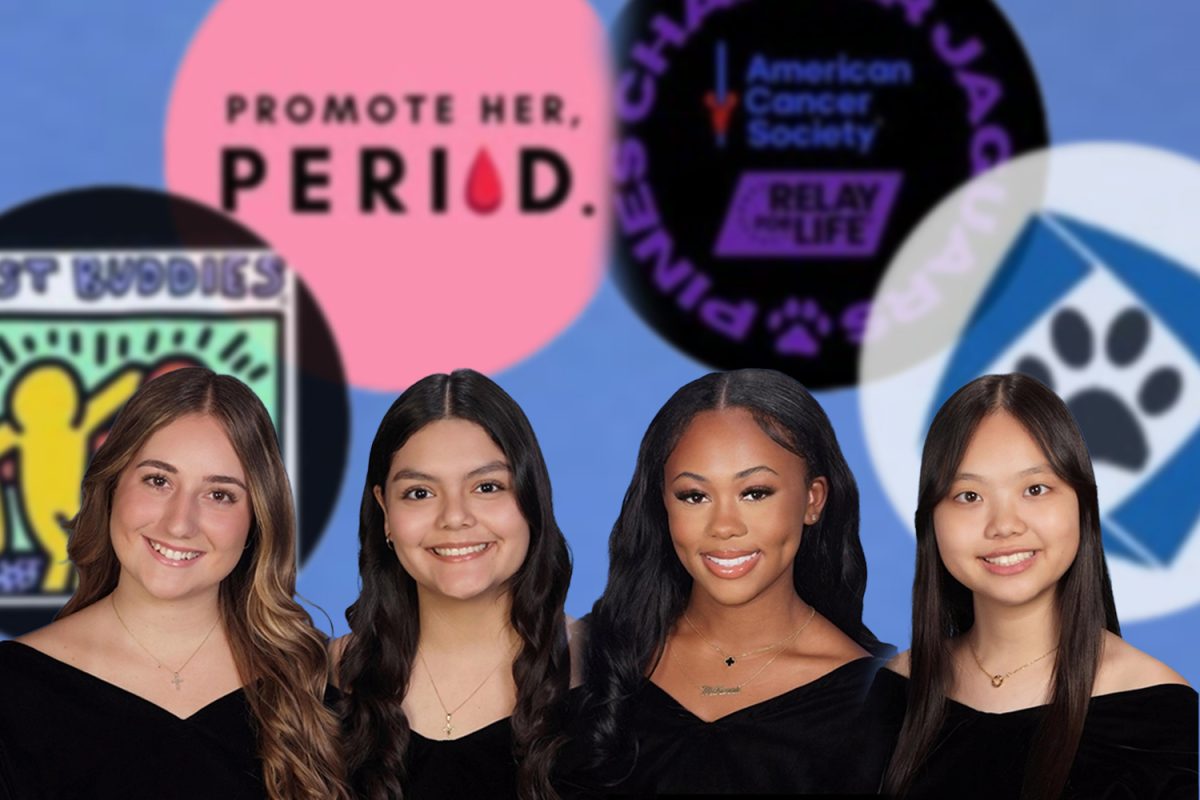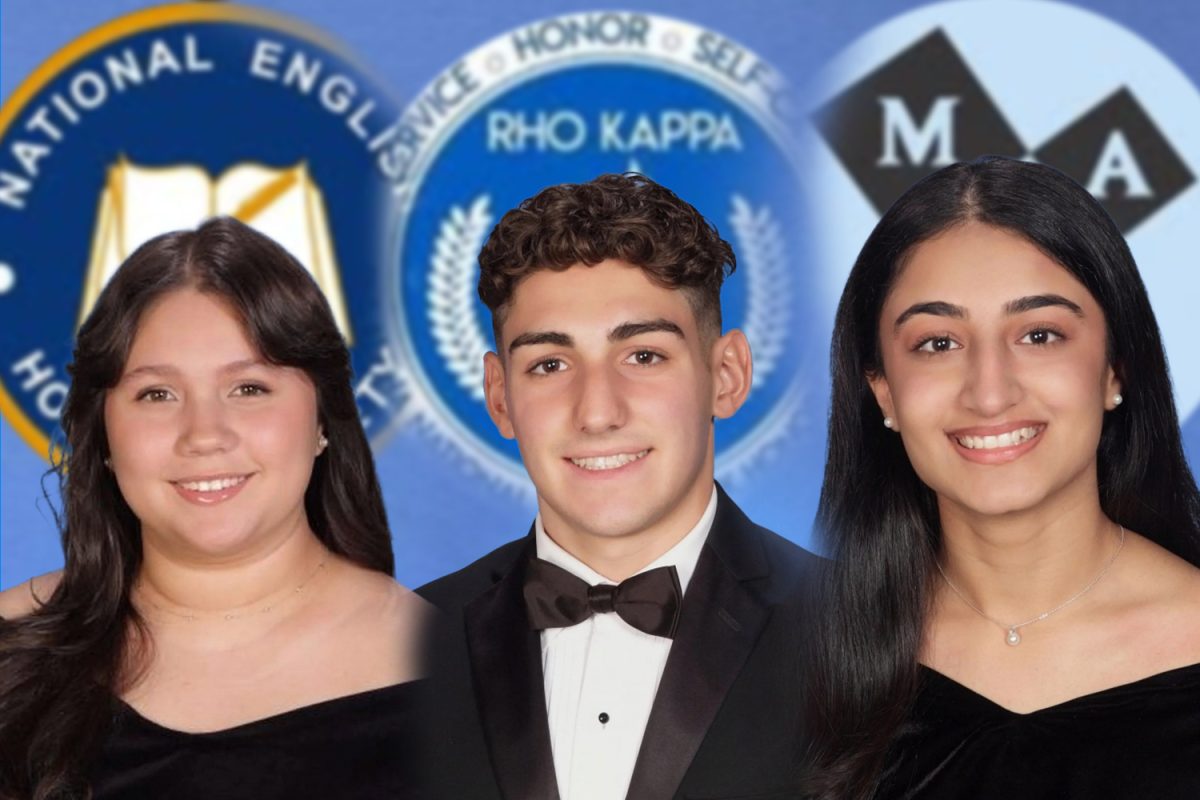In an imperfect world, a word said one too many times in love stories is domestic violence (DV). This word, a word nobody should experience, is a situation that annually affects 10 million Americans across the country. Helping others to fight this battle, Charter alumna Raven Veitch, a victims advocate for DV victims, leaves the victims with a shoulder to lean on in court while they persevere and get the justice that they deserve. Although it is rare, when people speak of domestic violence, they oftentimes separate themselves from the word because of the uncomfortable feeling it brings. Despite its uneasy feeling, when the word is hushed, it not only silences the victims but also the hard work they and many others have—and continue—to do to fight against this crime.
When victims open up about their experience of going through abuse, many people tend to ask the questions “Why don’t you just leave?” or “Do you provoke them to react that way?” rather than supporting them and making sure that they have the resources to escape from their abuser. Domestic violence is a difficult situation to get out of and many victims feel as if it is their only option to stay because of “love,” or according to Veitch, it is because of “financial reasons or stability without family dynamics.” If it is for those reasons, it is Veitch’s job, as an advocate, to help them. While commenting on a particular time in court where she had a 5-time reoccurring case with a victim, Veitch says, “You feel bad for them [victims] and it hurts because you see the potential of how severe [their situation] could get, but they’re staying [with their abuser], and they’re crying and they’re scared, but they’re [still] staying.”
After graduating from FAU, Veitch decided to focus on domestic violence and work at the State’s Attorney’s Office. As a victim’s advocate, Veitch’s priority is to be a support system for these victims, inform them of their rights, and go to court. But, sometimes, it’s more than that. Domestic violence can have a grasp on victims and make them scared to take a difficult, but courageous, leap to be out of their abusers’ reach. According to Veitch, “Some of them [victims] want to come to speak to a judge. Some of them are in fear, and they don’t want to come [to court]…You get all kinds of victims, but the point is to give them that right to be present and be heard.” Victims of DV can feel a sense that their dignity has been taken away, but if anyone can give them just some type of control over their lives, it can help their recovery. “As an advocate, you can only do so much in terms of educating and exploring options but it comes down to the victim to make the change.”
In a misinformed world, the amount of little knowledge surrounding domestic violence captivates all. Not many people know what it is like to be in that situation unless they are put into it. But with the numerous celebrities and authors speaking out about their experiences with DV, it helps create change. Author Colleen Hoover came out with her book It Ends With Us which detailed the main character’s life dealing with the abuse from her husband. While the book is a real-life story about her mom’s experience with DV, the book has sparked controversy because of its “glamorization” of abuse. Despite its discussions, it has still allowed others to be more out-spoken about their experiences. Singer Rihanna and actress Melissa Benoist have both been vocal about their past abusive relationships and have created a pathway for others to feel more seen and heard because high profile people have been through something similar and makes people feel as if they are not alone. It has also helped spark conversation about DV. Movements like the Domestic Violence Movement and the Women’s Liberation Movement have been created over the years to support victims.
Catalina Castro, a sophomore, reflects on her past thoughts before learning more about DV saying, “Before, I never understood why the victims never left, but now, I have sympathy for them because if I were put in the same situation, I’d be scared to leave because some victims might have nowhere else to go.”
In the numerous cases Veitch has dealt with, two still stick with her. In a non-domestic violence case, Veitch was included in the Parkland shooting court proceedings and felt a heavy heart when hearing the verdict. But with this one other case, it stays with her. “The last time she [a victim] was in court, she brought her underage and nonverbal daughter with her and the daughter was crying. That stood out to me because I have this victim who is physically beaten, her face swollen with bruises, and then you have this child here, even though she wasn’t physically assaulted, in this. It’s the impact of what parents sometimes don’t see what it’s doing to their children, and I think at that point I thought, I have to be blunt with her. Sometimes, you have to shout it at someone to hear it, and I felt like I kind of built enough rapport with this person that I told her, ‘What example are you setting for your daughter? What safety are you providing for your child? You’re putting yourself at risk!’ I think just giving that real wake-up call that it’s affecting the ones closest to you [is beneficial].”
In Veitch’s journey to becoming where she is today, she graduated from Charter in 2015. Veitch started off in Charter, known as a “Charter Starter,” and comments that Charter has helped her stay with two main friends that she met in elementary school and is still friends with to this day.
After graduating, Veitch knew that she wanted to find a way to help women and children specifically, and it stemmed from her time in middle school. “I was reading a book in school called A Child Called It and it was explaining a story of the author where he was giving his own background story of how he experienced Domestic Violence with his mother and how that relationship looked like.” Veitch went on to get her degree in social work, a minor in criminal justice, and is now working on her master’s at Florida Atlantic University. Veitch ultimately hopes to get her LCSW (Licensed Clinical Social Worker) and work with the youth.
Unfortunately, while not everybody can have a deserved ending to a love story, there is still light in the darkness. To all the victims of DV, there is still so much love and support out there. This enduring battle is only a mild setback, and there are resources and guidance out there. Millions of people would love to help in ways that they would never expect. With a word of encouragement and empowerment from Veitch, she says to all victims, “I want them to know that they have rights and that they aren’t alone in this process. If they want it and are willing to accept it, there are people there [to help them].”
National Domestic Violence Hotline: 800-799-7233



